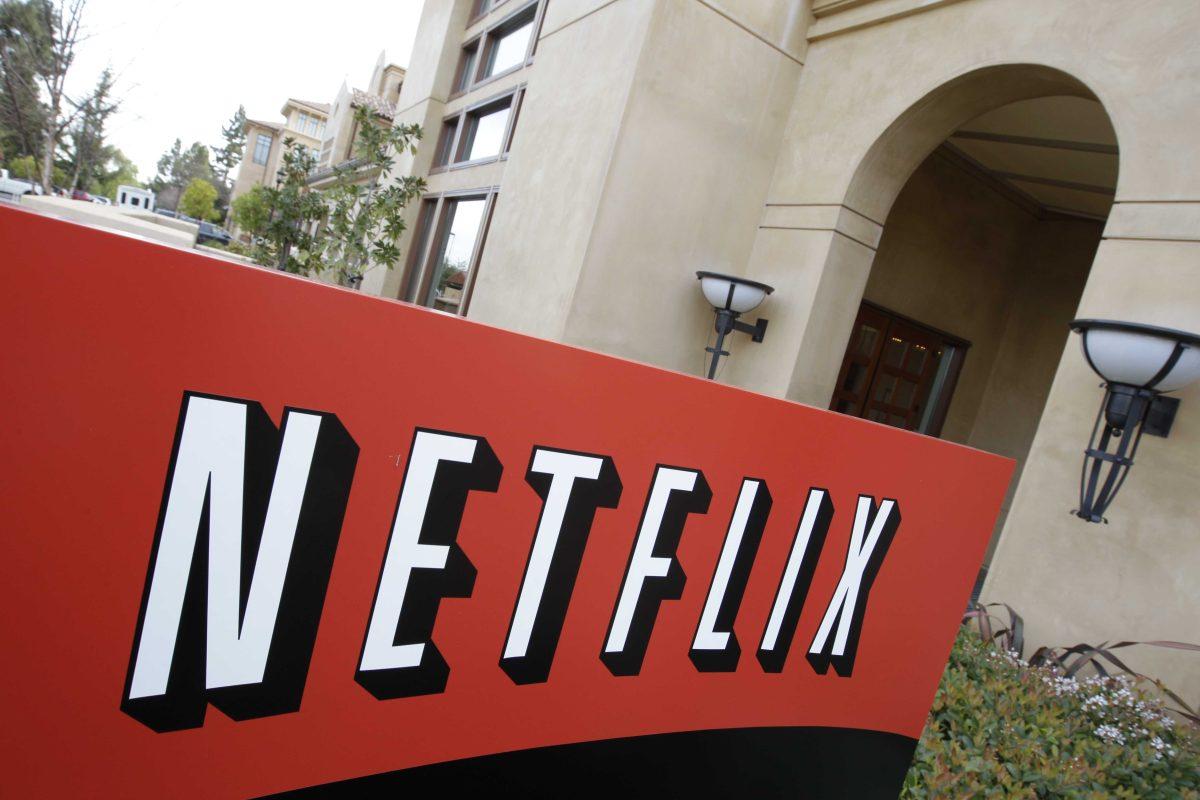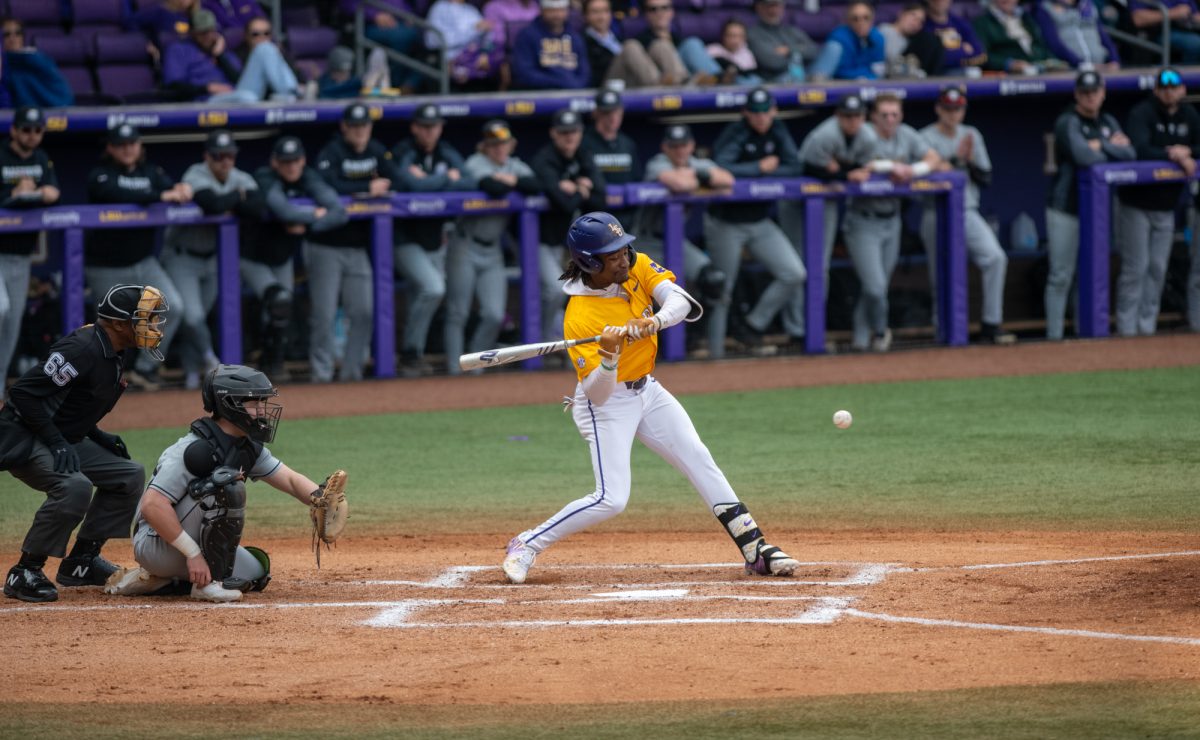The nature of television is changing.
People are no longer required to spend their week in a constant state of agony wondering what will happen to their favorite TV show character.
Millions across the globe turn on their laptops, Google a movie or show they’ve been wanting to see and stream, sometimes illegally, and choose whatever type of entertainment they desire.
Instant gratification is rewarded. No work, dedication or loyalty required — just instant results.
While streaming services such as Netflix and Hulu make it convenient and cheaper to enjoy the latest TV shows and movies, they may be destroying an American cultural phenomenon.
My father was born in 1956. He often recalls watching “Bonanza” and “M*A*S*H” when he was younger, sitting in front of the tube once or twice a week to see what his favorite characters were going to do next.
He built a relationship with several TV personalities, and when the shows aired their final episodes, a small part of my dad’s social life ended. It wasn’t because he was obsessed with TV. That’s just what people did on weeknights after a long day of school or work.
Similar to the radio in the ’30s and ’40s, TV brought people together and was often a conversation point for family members of all ages.
Instead of growing up with “Bonanza,” I had “The Office.”
Every Thursday, I would turn to NBC and receive an update on Jim Halpert and Pam Beesly’s relationship status, or watch Michael Scott and Dwight Schrute tackle their next hairbrained idea.
When the final episode aired in 2013, nearly nine years had passed, and I was invested in each character’s well-being. Needless to say, the finale was an emotional roller coaster.
But part of the reason I had such an attachment to the show was that I shared it with friends and family members who sat next to me each week and experienced the same happiness and frustration I felt.
So, would I, or anyone else, have felt that same connection if I spent a week streaming the entire show in my room alone? Maybe, maybe not.
The point is that waiting week after week forced a loyalty and dedication to a half-hour time slot that could have otherwise been spent watching another show. At the end of it, the unbearable anticipation created a viewing experience unlike any other.
Though Netflix original series like “House of Cards” and “Orange Is the New Black” are great pieces of work, do they create or satisfy the same level of tension of “Breaking Bad?”
Of course cable television is overpriced, and more often than not, an extreme inconvenience, but it also offers more than just too many commercials and high package prices.
It forces TV fans to once again gather around the couch with a bowl of popcorn and escape from life for an hour or so.
My advice is this: Don’t be so quick to cut traditional TV viewing methods out of your life. Though it might not be the easiest route, think about what you’re missing out on.
Even if you only use streaming services, try limiting the number of episodes of a series you watch to one or two a week.
Yes, temptation and crippling curiosity will incur, but at least a new appreciation will develop. Good TV has not ceased to exist. So please, take advantage of the time you still have left before all of TV is overrun by the Kardashian-esque reality garbage that could soon be streamed online.
Michael Tarver is a 20-year-old mass communication junior from Houma, Louisiana. You can reach him on Twitter @michael_T16.
Head to Head: Video streaming services ruin enjoyment of television
April 27, 2015
Netflix is an example of the video streaming services currently offered.
More to Discover








